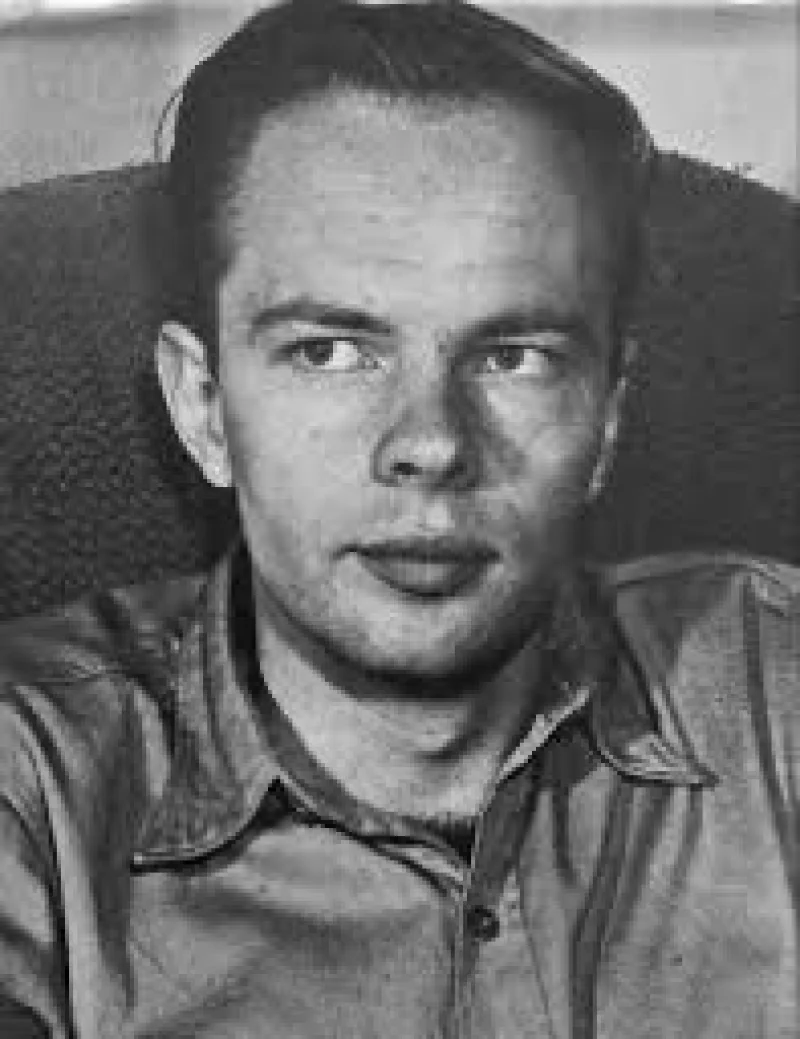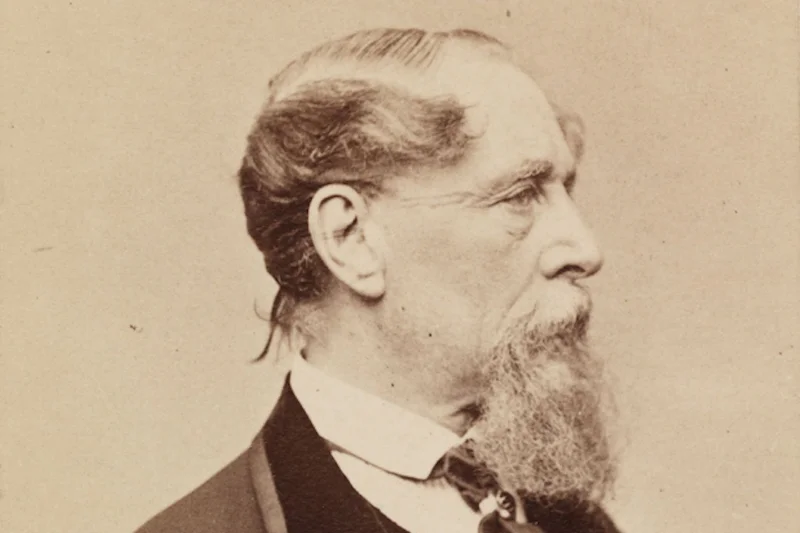Short Summary
Philip K. Dick was an American science fiction writer renowned for his exploration of philosophical, social, and political themes in his works. He authored over 40 novels and 120 short stories, many of which have been adapted into popular films. Dick's imaginative narratives often dealt with altered states of consciousness, the nature of reality, and dystopian futures, cementing his reputation as a visionary in the science fiction genre.
Early Life & Education
Philip K. Dick was born on December 16, 1928, in Chicago, Illinois. He had a twin sister, Jane, who died shortly after birth, a loss that deeply affected him throughout his life. Raised in the San Francisco Bay Area, he developed an early interest in literature and writing. Dick attended the University of California, Berkeley, but dropped out after one year. His education outside of formal institutions continued through extensive reading and a keen interest in philosophy, which profoundly influenced his later works. His early exposure to the writings of Plato, Nietzsche, and Carl Jung played a critical role in shaping his thematic focus on reality and identity.
Career Highlights
Philip K. Dick began his writing career in the early 1950s, initially focusing on short stories. His breakthrough novel, "The Man in the High Castle," published in 1962, won the Hugo Award and established his reputation as a leading science fiction author. Throughout the 1960s and 1970s, he produced a prolific body of work, including notable novels such as "Do Androids Dream of Electric Sheep?" (1968) and "A Scanner Darkly" (1977). His innovative storytelling and exploration of complex themes garnered significant attention, though he often struggled financially during his lifetime. Despite these challenges, his works have continued to gain recognition and have been adapted into numerous films and television series.
Major Achievements
- Winner of the 1963 Hugo Award for "The Man in the High Castle," a defining work in alternate history.
- Posthumously inducted into the Science Fiction and Fantasy Hall of Fame in 2005, recognizing his contributions to the genre.
- Authored "Do Androids Dream of Electric Sheep?", which inspired the iconic film "Blade Runner."
- Published 44 novels and over 120 short stories, many of which have been adapted into films and series.
Famous Quotes
- "Reality is that which, when you stop believing in it, doesn't go away."
- "The true measure of a man is not his intelligence or how high he rises in this freak establishment. The true measure of a man is this: how quickly can he respond to the needs of others and how much of himself he can give."
Interesting Facts
- Philip K. Dick's work has inspired films such as "Blade Runner," "Total Recall," and "Minority Report."
- He experienced vivid hallucinations throughout his life, which influenced his writing.
- His novel "Ubik" was named one of Time magazine's 100 greatest English-language novels since 1923.
Legacy / Influence
Philip K. Dick's legacy in the science fiction genre is profound, with his works continuing to influence writers, filmmakers, and philosophers. His exploration of themes such as the nature of reality, human consciousness, and societal structures has left a lasting impact on both popular culture and academic discourse. The enduring popularity of films and adaptations based on his stories attests to his significant cultural influence.
FAQ
Q: Why is Philip K. Dick famous?
A: He is famous for his influential science fiction novels and stories that explore complex themes of reality and identity.
Q: What are some movies based on his works?
A: "Blade Runner," "Total Recall," and "Minority Report" are popular movies based on his stories.
Q: Did he win any major awards?
A: Yes, he won the Hugo Award in 1963 for "The Man in the High Castle."










